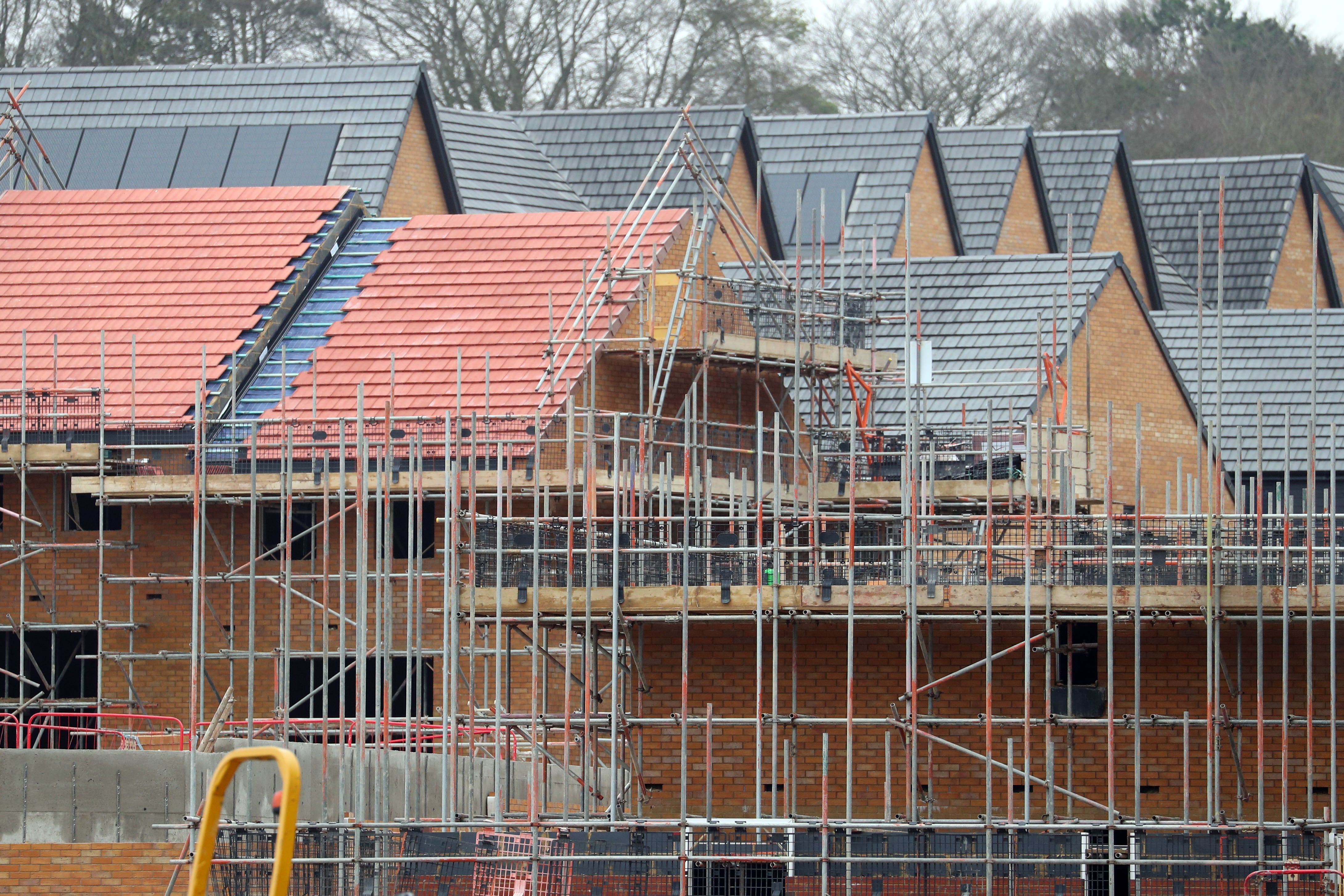Rayner: Labour’s planning overhaul won’t see removal of local democratic power
The Deputy Prime Minister and Housing Secretary wants to speed up planning applications, with some potentially avoiding scrutiny by local councillors.

Your support helps us to tell the story
From reproductive rights to climate change to Big Tech, The Independent is on the ground when the story is developing. Whether it's investigating the financials of Elon Musk's pro-Trump PAC or producing our latest documentary, 'The A Word', which shines a light on the American women fighting for reproductive rights, we know how important it is to parse out the facts from the messaging.
At such a critical moment in US history, we need reporters on the ground. Your donation allows us to keep sending journalists to speak to both sides of the story.
The Independent is trusted by Americans across the entire political spectrum. And unlike many other quality news outlets, we choose not to lock Americans out of our reporting and analysis with paywalls. We believe quality journalism should be available to everyone, paid for by those who can afford it.
Your support makes all the difference.Labour is not removing local democratic power from councils with its proposals to overhaul the planning system, Angela Rayner has suggested.
The Housing Secretary wants to speed up planning applications, with some potentially avoiding scrutiny by local councillors if they meet certain rules.
As part of the reforms, applications which meet local development plan requirements would bypass council committees, with the aim of ending delays to new homes, cutting the time and resources spent on individual schemes, and providing more certainty to housebuilders.
Conservative shadow Treasury minister Richard Fuller argued that local people will be ignored under Labour’s plans.
Asked if the plans will take powers away from local councils, Ms Rayner told the BBC’s Sunday With Laura Kuenssberg: “I don’t accept that, because we’re saying they have to have a local plan, local democracy, and we’re saying the national planning policy framework, national democracy, were elected to build the 1.5 million homes, so therefore we’ve bolted in the consultation.
“What we’ve seen is, because we haven’t had these compulsory plans locally, is speculative development where green belt land has been developed on because we haven’t had the local plan that delivers for local people.
“We’ve told councils, they’ve got to have those plans. If developers follow the framework, the national framework which protects environments, looks at a number of different elements and also follows the local plan, they shouldn’t be stuck in the system for years.”
Under Ms Rayner’s proposals, council officials would have a strengthened role in decision-making about planning while the councillors who sit on the committees will get new mandatory training.
Alongside the reforms, the Government is this week expected to confirm sweeping changes to the National Planning Policy Framework – the document which sets out national priorities for building – following a consultation.
This is expected to see increased housing targets which will be mandatory for the first time, with the aim of reaching the Government’s pledge to build 1.5 million homes this Parliament.
Mr Fuller said Labour’s goal of building 1.5 million homes is “a reasonable target”, but added: “If you want to achieve that, you’ve got to bring the people with you, and, unfortunately, Labour seem to be saying that Angela is best and local people can be ignored.”
Elsewhere, Ms Rayner, who is also the Deputy Prime Minister, was asked on Sunday Morning With Trevor Phillips on Sky News whether she is content with many of the new homes she hopes to build going to migrants.
The programme pointed towards the number of people set to arrive in the UK over the same period the homes are expected to be built, and claimed five out of seven homes could go to migrants.
“Well, that’s not the truth,” Ms Rayner responded.
“There is plenty of housing already, but there’s not enough for the people that desperately need it. So the homes, especially under our affordable homes programme, which is social and affordable housing, will be there for people who desperately need them, local people.”